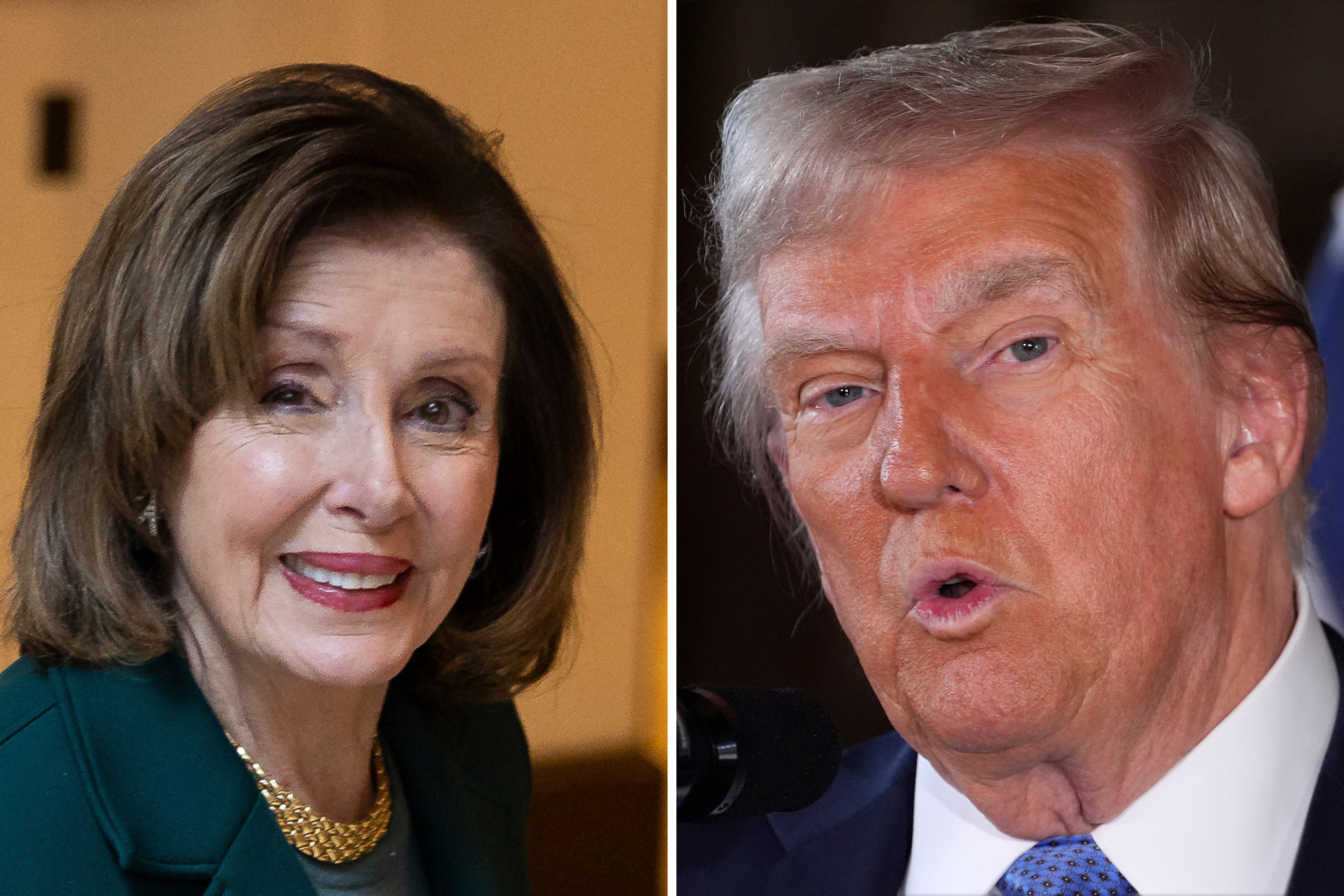The political landscape in the United States has taken another dramatic turn with the re-election of Donald Trump to the presidency, a victory shadowed by the lingering specter of the January 6th Capitol riot and his persistent, unsubstantiated claims of a stolen 2020 election. Former House Speaker Nancy Pelosi has expressed her dismay at Trump’s continued focus on the 2020 election, characterizing it as “sad” and “almost sick.” She believes he should be celebrating his 2024 victory rather than dwelling on a past election he demonstrably lost. This unwavering stance from a prominent critic underscores the deep divisions that continue to fracture American politics.
Trump’s 2024 victory comes four years after the unprecedented assault on the Capitol, a violent attempt to overturn the legitimate results of the 2020 election. Thousands of Trump supporters, fueled by false claims of widespread voter fraud, stormed the building, breaching security and disrupting the certification of Joe Biden’s electoral victory. The riot resulted in property damage, injuries, and several deaths, and it left an indelible mark on American democracy. The House impeached Trump for “incitement of insurrection,” but he was acquitted by the Senate. Now, as he prepares to assume office once again, the nation grapples with the implications of his return to power.
Pelosi attributes Trump’s 2024 win to economic factors, suggesting that voters prioritized their economic interests over concerns about the January 6th insurrection and Trump’s role in it. While acknowledging the significant impact of the riot, she believes that economic anxieties ultimately swayed voters. This perspective sheds light on the complex interplay of economic concerns and political allegiances in the electorate. Trump’s continued insistence on his 2020 victory, even after securing a second term, points to a deeper issue: the ongoing erosion of trust in democratic processes and the acceptance of election results.
Adding to the controversy is Trump’s pledge to pardon those convicted of crimes related to the January 6th riot. This has drawn sharp criticism from figures like former police sergeant Aquilino Gonell, who described it as a “betrayal” and a “stab in the heart.” Critics argue that pardoning the rioters would send a dangerous message, condoning violence and undermining the rule of law. The pardons further complicate the already fraught process of national healing and reconciliation in the aftermath of the Capitol attack.
Former Republican Representative Liz Cheney, a staunch Trump critic, has also voiced strong opposition to Trump’s narrative, reminding the American public of his false claims about the 2020 election, the legal repercussions faced by his lawyers, and the testimony of his own aides against him. She urges the public to reject his “malicious falsehoods” and uphold the principles of the Constitution. Cheney’s words represent a continued resistance within the Republican party to Trump’s influence and his persistent attempts to rewrite the narrative of the 2020 election.
As Trump prepares to take office, the nation faces significant challenges. The deep divisions exposed by the 2020 election and the January 6th riot remain unhealed. Trump’s continued propagation of false claims about election fraud further erodes trust in democratic processes. His pledge to pardon the rioters risks further polarizing the country and undermining the rule of law. The upcoming certification of the 2024 election results, presided over by Vice President Kamala Harris, will be a symbolic moment, highlighting the peaceful transfer of power and serving as a stark contrast to the chaos of four years prior. The future of American democracy hinges on the ability to address these challenges and restore faith in the electoral process.

